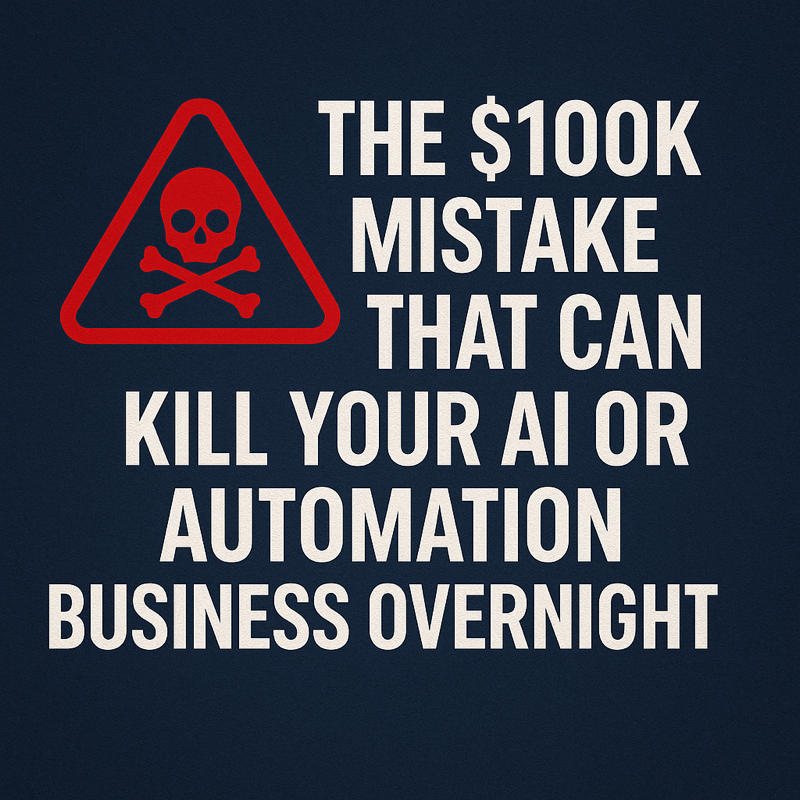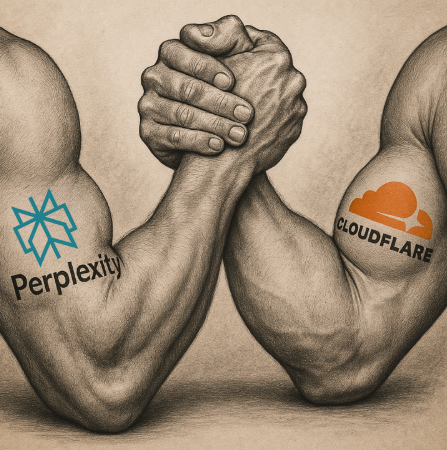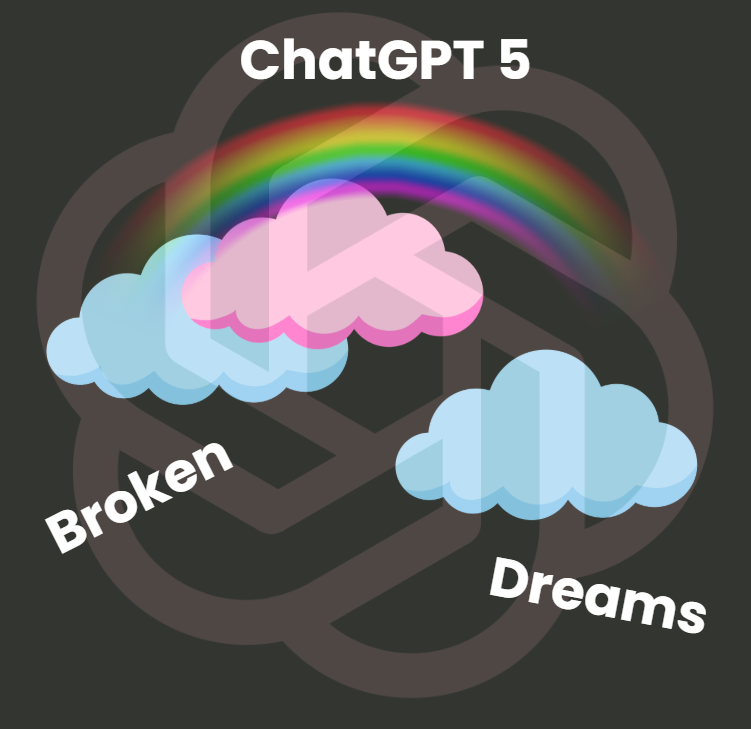
Compliance Isn’t Optional: What AI & Automation Pros Can Learn from a $100K Lesson
If you build AI solutions, automate workflows, or manage client systems, you probably live for the thrill of solving complex problems, not for reading through compliance regulations.
But here’s the uncomfortable truth: the biggest threat to your business and your clients’ businesses might not be a lack of leads or low conversion rates. It’s the cost of compliance.
And when I say cost, I don’t just mean money (though I’ve personally burned through over six figures fighting compliance battles). I’m talking about time, stress, reputation, and if you’re not careful, your ability to keep operating at all.
Why This Matters for AI & Automation Agencies
You might think compliance headaches are just for e-commerce sellers or manufacturers.
Wrong.
In the AI and automation space, we work with client data, APIs, integrations, cloud storage, and occasionally personal or regulated information. That means privacy laws, intellectual property rights, accessibility standards, and platform terms of service are always in the background and they will catch up with you if you ignore them.
If you’ve ever:
-
Set up an automation that touches sensitive data without confirming data retention policies
-
Built an AI chatbot that collects user input without GDPR/CCPA considerations
-
Integrated with a platform API without reviewing rate limits and usage restrictions
…you might be walking into the same kind of trap I did.
Two Costly Lessons (You Don’t Want to Learn Firsthand)
1. The Label That Cost Me Six Figures
Years ago, my e-commerce company got caught in a class action lawsuit with 400+ other online sellers over a missing product label. The law, California’s Prop 65, said certain items had to carry a specific warning. We didn’t know, and that ignorance cost me six figures in legal fees… even though we eventually won.
AI & Automation takeaway: You may not be “manufacturing” a product, but if your automations process client data, trigger regulated actions, or interact with platforms that require compliance proof, you can be just as liable. You can’t pass the buck to the tool provider or API. You’re still a link in the chain.
2. The DEA, the FDA, and the Knock at My Door
Later, I was importing products from overseas when customs found a banned substance in one shipment. I didn’t manufacture it. I didn’t even know it was there. But legally, I was 100% responsible for verifying everything I imported.
The fallout was massive: law enforcement raids, legal threats, and reputational damage. It could have been avoided with one thing: proactive verification before integration.
AI & Automation takeaway: If you’re integrating third-party AI models, automations, or datasets, you need to vet them before you deploy. “I didn’t know” won’t hold up when your client’s data is compromised or a platform suspends their account because your workflow violated terms.
Why Agencies & Freelancers Often Miss This
Most AI and automation pros are laser-focused on building cool, revenue-driving solutions, not on compliance, security, or preservation of client assets.
Many clients don’t ask because they assume you already have it handled.
But as someone who’s been in business for over two decades, I’ll tell you this:
Making more money isn’t a security strategy.
It’s not enough to ship fast and deliver results. You have to protect the systems and reputations you’re building.
Your Compliance Checklist (Before It Costs You)
If you run AI or automation projects, here are five areas to assess immediately:
-
Data Privacy Laws – GDPR, CCPA, HIPAA (if applicable). Do your workflows respect storage, retention, and consent requirements?
-
Platform Terms – Are you sure every automation and API call is within the terms of service?
-
Accessibility Standards – If your solution outputs customer-facing content, does it meet accessibility compliance?
-
Intellectual Property – Are AI outputs trained on or using any licensed data without permission?
-
Client Education – Do your clients understand their role in maintaining compliance once you hand over the solution?
The Hard Truth
Compliance is boring. That’s why so many ignore it.
But losing your business or your client’s trust is a lot more boring.
And if you think compliance only applies to “big players,” think again. In the AI and automation space, the barriers to entry are low, but the risks are high. One bad client project, one missed term in a contract, one overlooked privacy rule, and you’re back to scrolling job listings instead of running your own agency.
The best agencies aren’t just innovators. They’re protectors.
Because at the end of the day, your tech is only as valuable as the trust it preserves.






